1. George Washington The Two Minute President
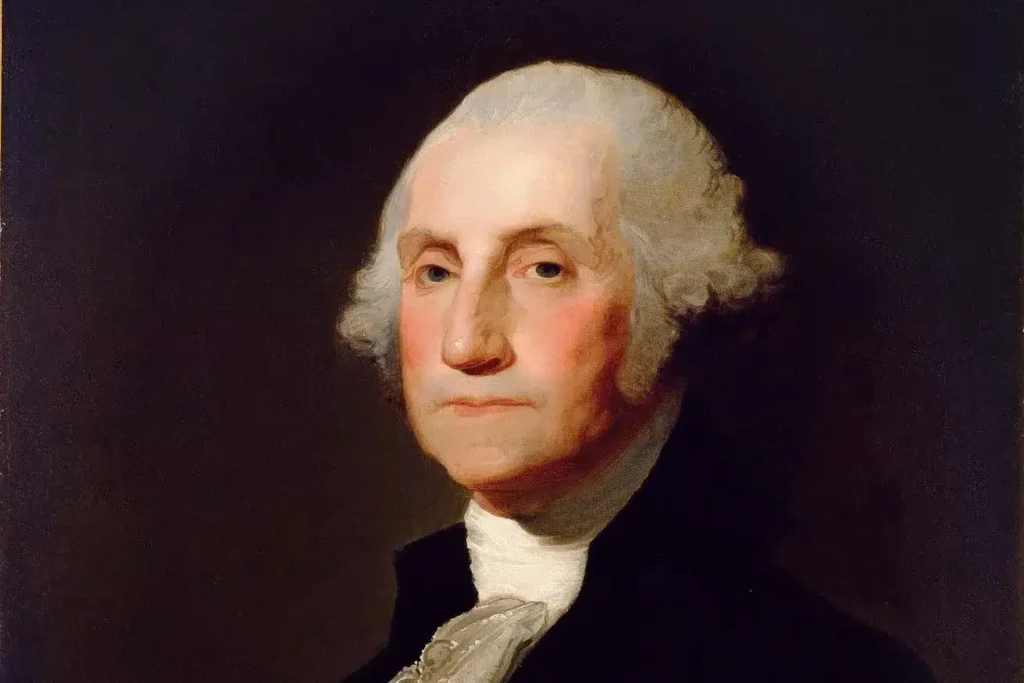
Every great story has a quiet beginning, and America’s starts with George Washington, the man who proved silence can lead. When he took the oath for his second term in 1793, his inaugural speech lasted less than two minutes. At only 135 words, it remains the shortest in history. Washington disliked pomp and speeches, preferring actions to talk. His brevity startled many, but it fit his nature. The man who led a revolution needed no grandstanding to earn respect. Sometimes leadership speaks loudest in stillness, and Washington mastered the art of saying more by saying less.
2. John Adams The First White House Resident
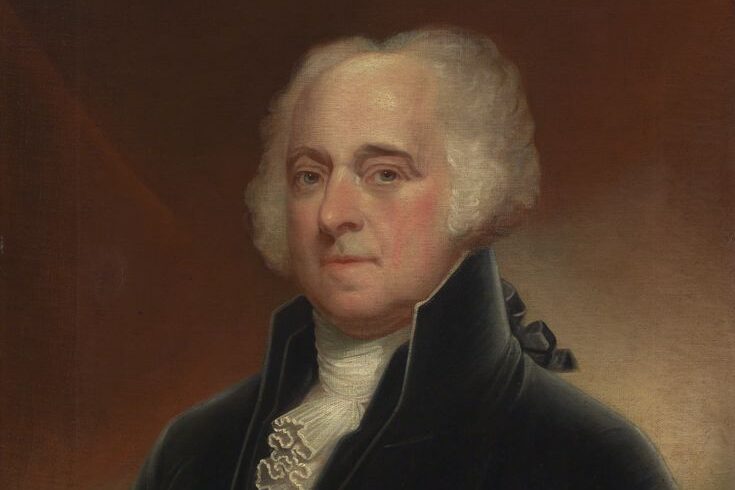
John Adams became the first president to live in the White House, though it was still unfinished when he moved in. In 1800, only a few rooms were usable and cold air swept through unsealed halls. Adams and his wife Abigail burned their own firewood to stay warm. The house symbolized a country still under construction, imperfect yet full of promise. Each creak of its floors echoed the beginnings of a new democracy. Adams saw the White House not for what it was, but what it would become, and found beauty in its rough foundation.
3. Thomas Jefferson Ice Cream and Politics
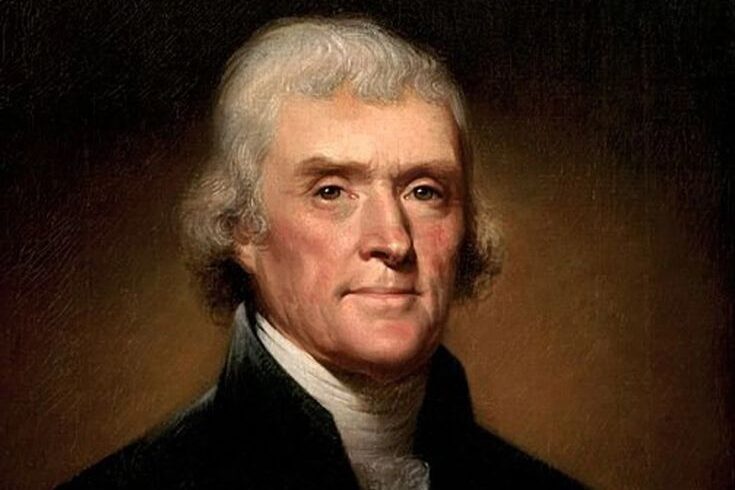
Thomas Jefferson shaped not only American democracy but also its menu. During his time in France, he developed a love for foods like macaroni and cheese, French fries, and ice cream. Returning home, he introduced these dishes to America and even served them at the White House. Guests were both surprised and delighted by the unusual flavors. Jefferson copied recipes by hand, preserving tastes from Paris kitchens for future generations. Today, when families share ice cream on the Fourth of July, they unknowingly honor the president who brought a bit of France to America’s table.
4. James Madison Small but Mighty
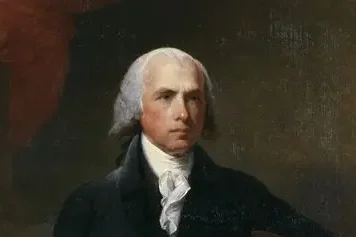
James Madison stood just five feet four inches tall and weighed barely one hundred pounds, yet his influence shaped a nation. Nicknamed Little Jemmy, he was the chief architect of the Constitution and the Bill of Rights. His small frame hid a sharp intellect that carried the weight of independence. During the War of 1812, when the capital was under attack, Madison showed courage that outshone his size. His legacy reminds us that greatness is not measured by height but by the ability to stand tall for what truly matters.
5. James Monroe A Capital Named for Him
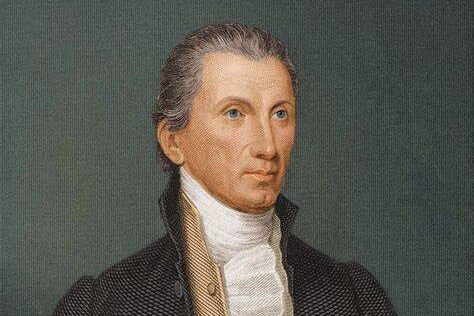
James Monroe’s name traveled farther than any American leader of his time. In the 1820s, the capital of Liberia was named Monrovia in his honor, a tribute to his support for establishing a colony for freed American slaves. The city became both a symbol of hope and a reflection of America’s complex relationship with freedom. Monroe, already known for the Monroe Doctrine, extended his legacy beyond borders. His influence crossed oceans and history, proving that ideas about liberty can leave footprints on distant shores long after the man who inspired them is gone.
6. John Quincy Adams the Naked Swimmer
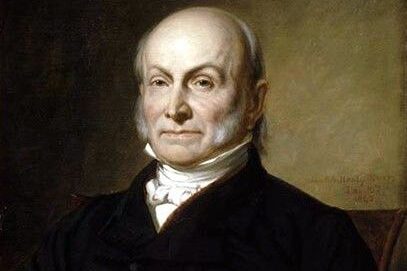
John Quincy Adams had a morning ritual that shocked the capital. Into his seventies, he swam naked in the Potomac River at dawn, regardless of the season. Locals sometimes gathered to watch, amused by the sight of a president enjoying such freedom. Adams believed exercise cleared the mind and strengthened the spirit. The story goes that one journalist once sat on his clothes until he agreed to an interview. Whether true or not, it captures his eccentric charm, a man whose discipline and confidence ran as deep as the waters he swam in.
7. Andrew Jackson The Duelist President
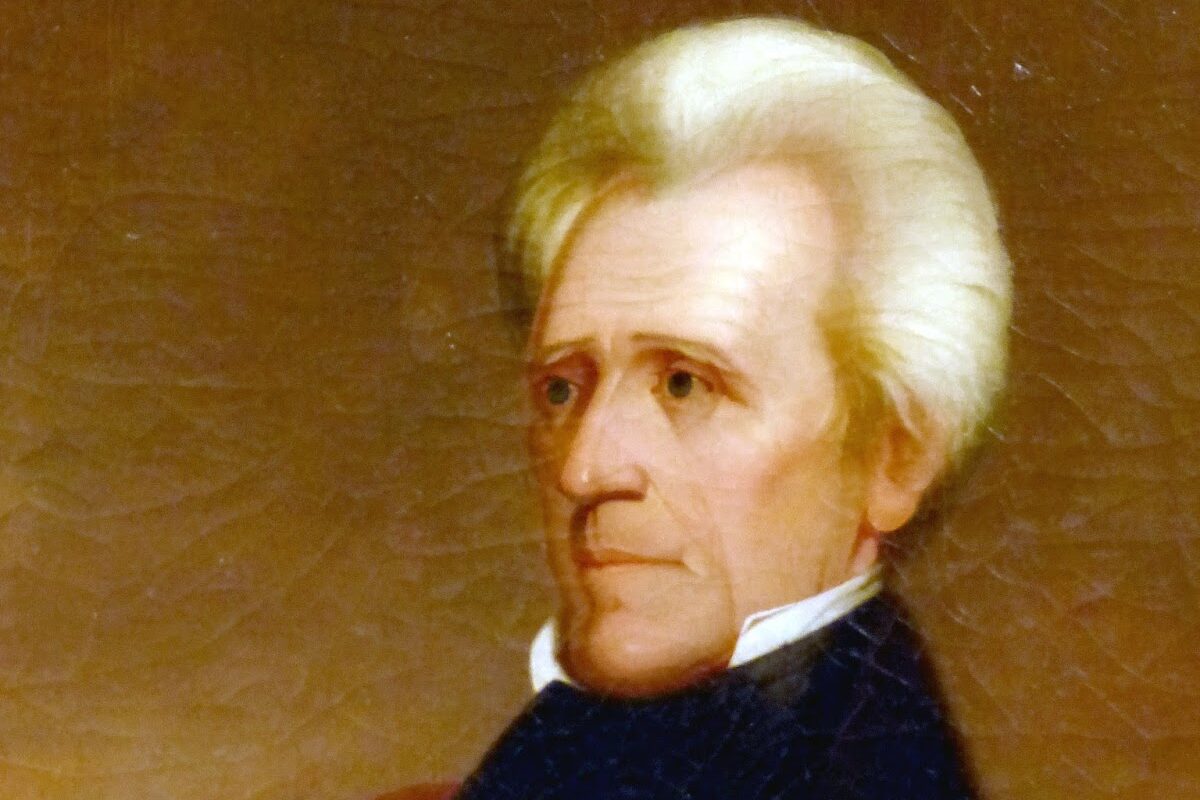
Andrew Jackson lived by honor and his temper. Known for his fiery nature, he fought in at least a dozen duels, carrying bullets in his body for years. In one deadly confrontation, he killed a man who insulted his wife. Even as president, Jackson’s reputation for violence made allies careful and enemies cautious. Yet his toughness resonated with the public. They admired his grit, seeing in him a reflection of frontier resilience. Jackson’s legacy, for better or worse, defined an era when leadership often meant standing your ground at all costs.
8. Martin Van Buren The Dutch President
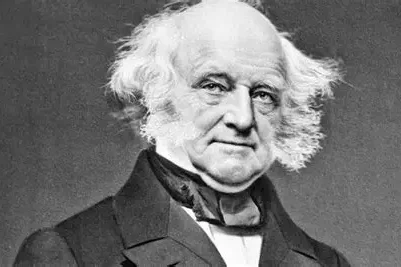
Martin Van Buren’s story begins in Kinderhook, New York, where he grew up speaking Dutch at home. English was his second language, making him the only president whose first was not English. His bilingual upbringing shaped his political skill, giving him a knack for persuasion and negotiation. Locals affectionately called him Old Kinderhook, a nickname shortened to OK, a term that became part of everyday speech. Though not among the most famous presidents, Van Buren left behind a linguistic legacy that reminds us how even small-town origins can shape national culture.
9. William Henry Harrison Thirty Days in Office
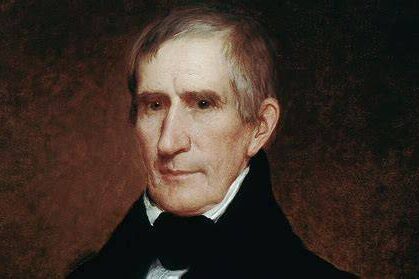
William Henry Harrison’s presidency lasted only thirty-one days, the shortest in history. During his inauguration, he delivered a two-hour speech in the cold without wearing a coat or hat. Soon after, he fell ill and died. Some say pneumonia claimed him, though others blame exhaustion or infection. His story became a cautionary tale about pride and preparation. The man who gave the longest inaugural address served the briefest term. Harrison’s ambition burned bright but fast, a reminder that leadership requires wisdom as much as endurance.
10. John Tyler Father of Fifteen
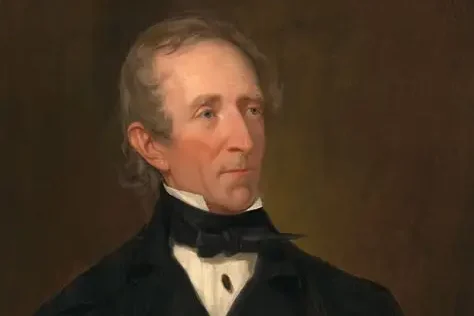
John Tyler holds the record as the most prolific presidential father, with fifteen children from two marriages. His family line stretches remarkably close to modern times, with two grandsons still alive in the twenty-first century. Tyler also made history as the first vice president to assume the presidency after a death, setting a vital precedent for succession. His life was full of surprises, both political and personal. In many ways, his legacy was one of continuity, where both family and history carried his name far beyond his years in office.
11. James K. Polk the Workaholic President
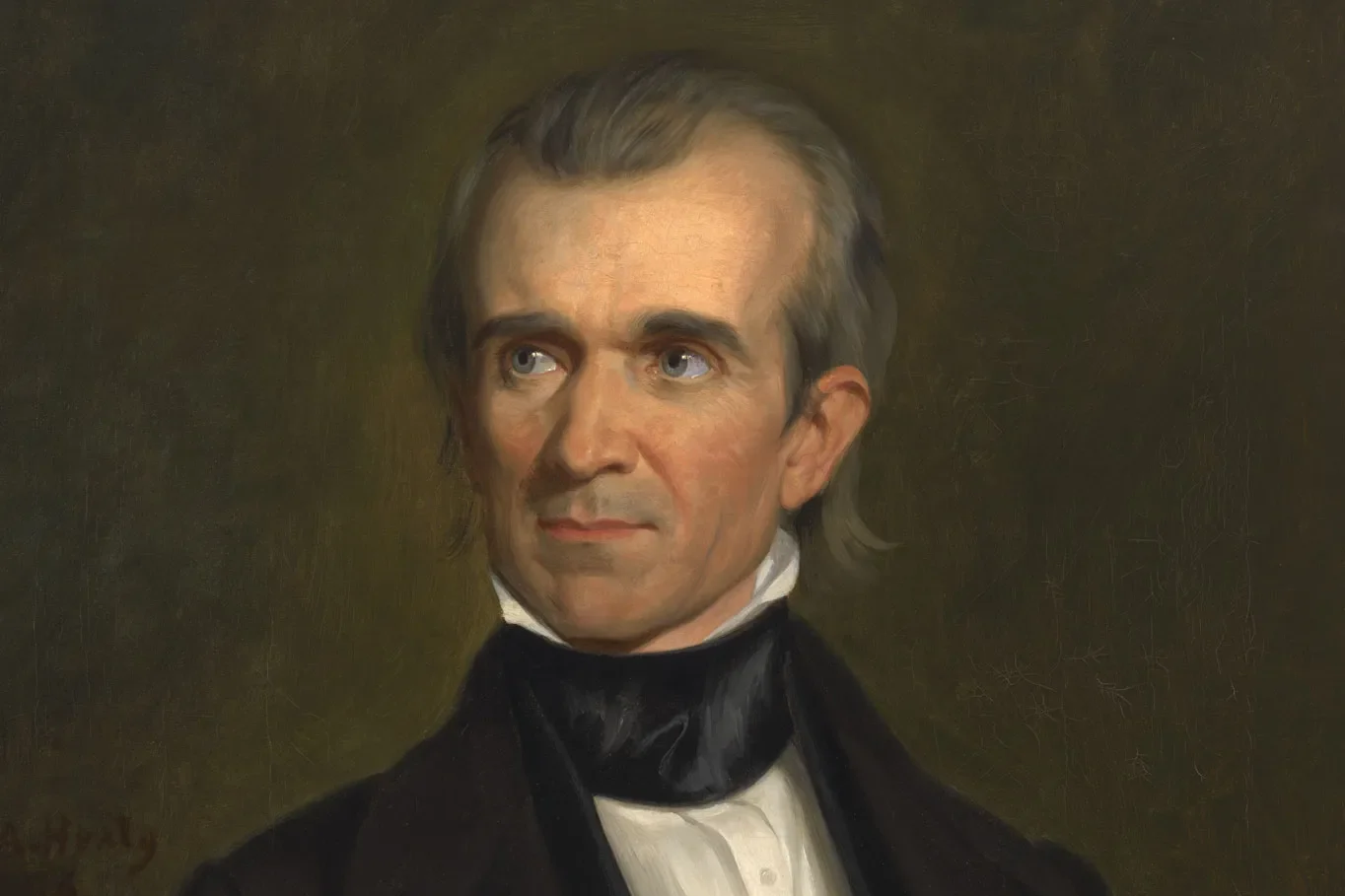
James K. Polk promised to serve only one term, and in that single term he achieved almost everything he set out to do. He expanded America’s borders to the Pacific, established the Treasury system, and strengthened the nation’s infrastructure. Yet he lived with little joy. His wife, Sarah, banned dancing and alcohol at the White House, creating a solemn atmosphere. Polk worked tirelessly, rarely resting, and died only three months after leaving office. His story shows the cost of relentless drive, a reminder that ambition without balance can quickly turn into sacrifice.
12. Zachary Taylor The Nominee Who Didn’t Know
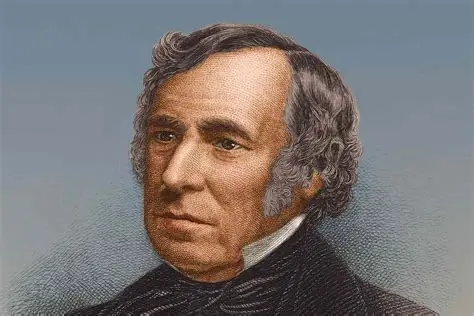
When Zachary Taylor was nominated for president, he did not find out right away because he had not paid postage on his mail. The most important letter of his life sat unclaimed at the post office. A soldier by trade, Taylor was never much for politics or ceremony. Known as Old Rough and Ready, he preferred the simplicity of camp life to the fuss of elections. His delayed discovery of the nomination seems fitting for a man who valued practicality over prestige. Even history can wait when duty comes first.
13. Millard Fillmore The Library President
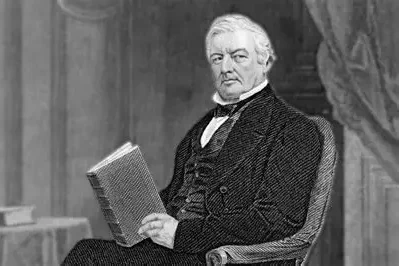
Millard Fillmore rose from poverty and taught himself to read and write. His humble beginnings fueled his love for learning, and as president, he and his wife Abigail established the first permanent White House library. The collection reflected his belief that education was the foundation of progress. Though Fillmore is often overlooked in history books, his quiet dedication to knowledge left a lasting mark. Long after his presidency, that library stood as a symbol of opportunity, a place where words and wisdom met under one presidential roof.
14. Franklin Pierce The Memorized Marathon
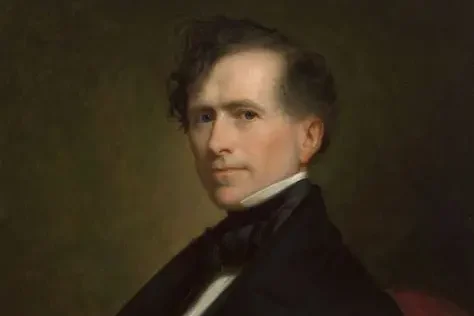
Franklin Pierce’s inauguration speech in 1853 stunned his audience not for its content but for his delivery. He spoke for nearly three thousand four hundred words entirely from memory, without notes. The feat showed remarkable focus but also hinted at his tendency toward style over substance. His presidency was troubled by the deepening divide over slavery, which overshadowed his personal charm. Still, that moment on the podium revealed a man with confidence and eloquence who believed deeply in his words, even when history would later forget them.
15. James Buchanan The Bachelor President
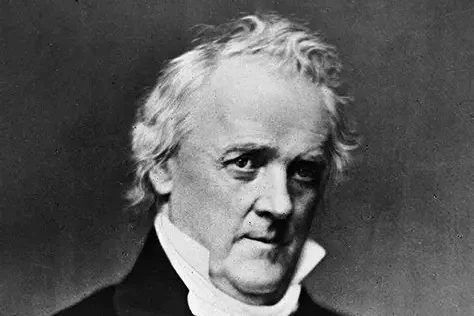
James Buchanan remains the only lifelong bachelor to serve as president. His niece, Harriet Lane, took on the duties of First Lady, hosting events and managing social affairs. Buchanan’s unmarried status made him stand out in an era when family defined reputation. He faced harsh criticism for his failure to prevent the Civil War, yet his personal story remains a quiet mystery. Without wife or children, Buchanan’s focus rested entirely on politics. His solitude left him both independent and isolated, a man alone in a house built for company.
16. Abraham Lincoln The Inventor in Chief
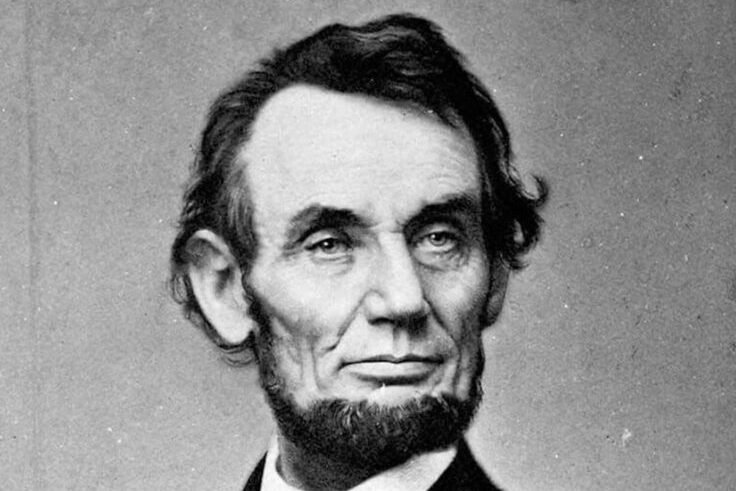
Before Abraham Lincoln became a symbol of unity, he was an inventor. In 1849, he patented a device designed to lift boats over sandbars and shallow waters. It was never produced, but the model remains displayed in the Smithsonian Institution. The invention reflected his curious and practical mind, always searching for ways to solve problems. Lincoln’s creativity extended beyond politics, showing that innovation and leadership often share the same roots. His idea to lift boats over obstacles mirrored his future mission to lift a nation through struggle.
17. Andrew Johnson The Almost Assassinated
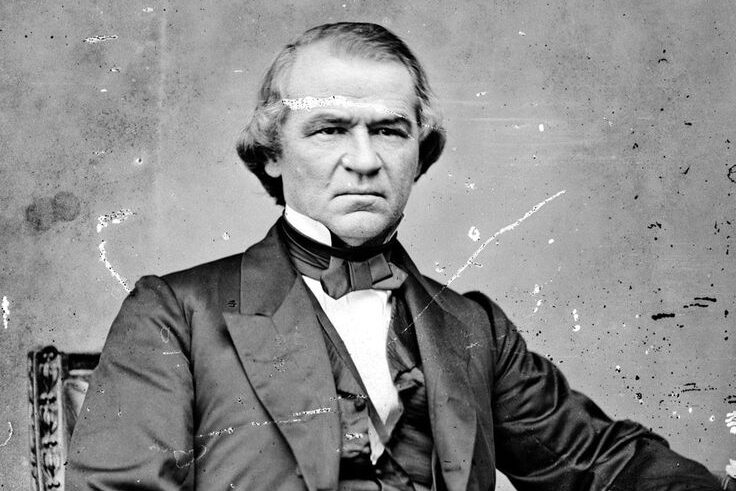
The night Abraham Lincoln was killed, conspirators planned to assassinate other top officials, including Vice President Andrew Johnson. His would-be attacker lost his nerve and never carried out the act, leaving Johnson alive by chance. Suddenly, the humble tailor from Tennessee found himself leading a broken nation. His presidency faced turmoil as he struggled with Reconstruction and opposition from Congress. Though often remembered as controversial, Johnson’s survival that night shaped America’s future. History can turn on hesitation, and one man’s fear altered the course of the country.
18. Ulysses S. Grant the Name That Stuck
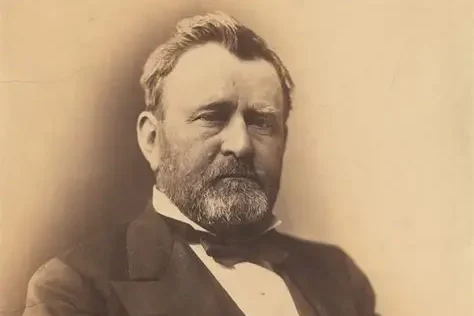
When Ulysses S. Grant entered West Point, a clerk mistakenly recorded his name as Ulysses S. instead of Hiram Ulysses. Too shy to correct it, he kept the new name. The middle initial stood for nothing, yet the abbreviation U.S. led classmates to nickname him Uncle Sam. The error became his identity and followed him through the Civil War, where he commanded Union forces to victory. Grant’s accidental initials came to represent the entire nation he fought to preserve, proving that even a small mistake can shape greatness.
19. Rutherford B. Hayes the Traveling President
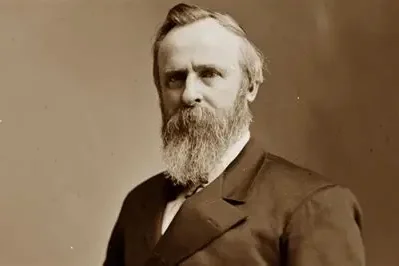
Rutherford B. Hayes became the first sitting president to journey to the West Coast, marking a new chapter in American unity. In 1880, he and his wife Lucy crossed the country by train, greeting citizens along the way. The trip symbolized connection after years of national division and showcased the growing importance of the Pacific. Hayes, often seen as reserved, used the journey to bring people together and show that the presidency belonged to every American, no matter how far from Washington they lived. It was unity on rails.
20. James A. Garfield Treated by History
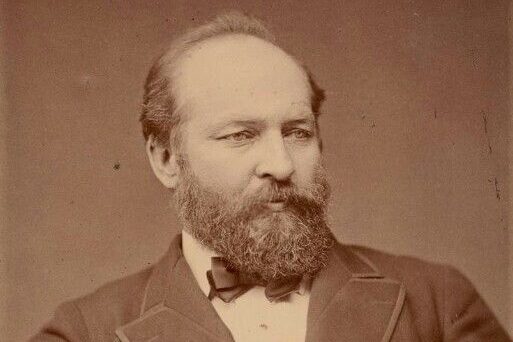
When James Garfield was shot in 1881, doctors worked frantically to save him, and among them was Charles Purvis, the first Black physician to treat a president. The care Garfield received was primitive, and infection soon set in. He lingered for months before dying, his suffering worsened by unsanitary methods. His tragedy became a lesson in both medicine and leadership. Though Garfield’s presidency was brief, it marked a small but powerful step forward, proving that progress sometimes comes quietly, even in the midst of loss.
21. Chester A. Arthur The Fashion President
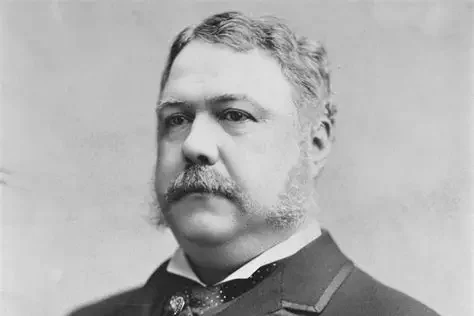
Chester A. Arthur entered the White House with impeccable taste. Nicknamed “Elegant Arthur,” he owned over eighty pairs of pants and dressed like a gentleman from London’s finest halls. Before becoming president, he served as a customs collector and was dismissed for corruption, only to later rise above scandal. Once in office, Arthur surprised everyone by supporting civil service reform, proving appearances could be deceiving. His stylish demeanor masked a reformer’s resolve. Beneath the silk waistcoats and polished boots stood a man who believed dignity, once regained, was worth more than power itself.
22. Grover Cleveland The Baby in the White House
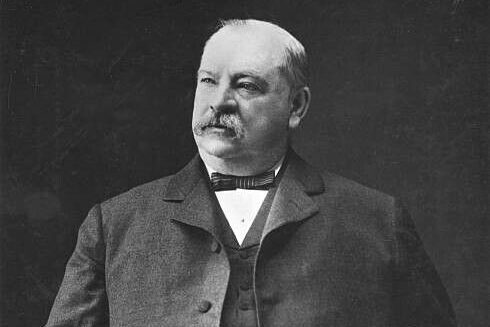
Grover Cleveland made history twice, both as the only president to serve two nonconsecutive terms and as the only one to marry in the White House. His bride, Frances Folsom, was twenty-seven years younger, sparking public fascination. Their wedding took place in the Blue Room, surrounded by roses and whispers. Soon after, their daughter Ruth was born, later inspiring the “Baby Ruth” candy bar. Cleveland balanced the duties of fatherhood and leadership with steady composure, giving the nation its first taste of domestic life in the Executive Mansion.
23. Benjamin Harrison The Electric Scare
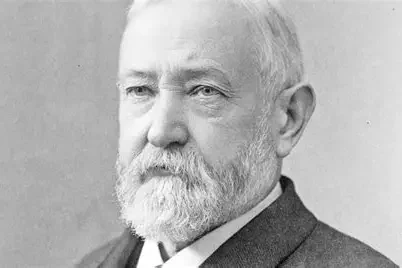
Benjamin Harrison’s presidency brought electricity to the White House, but he refused to touch the light switches. Fearing electrocution, he and his wife often left lights burning overnight rather than risk turning them off. It was a time when technology both amazed and frightened people. Harrison’s cautious curiosity reflected the country’s own uncertain step into modern life. What seems ordinary now once sparked fear in the seat of power. His story reminds us that progress often arrives with hesitation before it becomes routine.
24. William McKinley The Carnation Charm
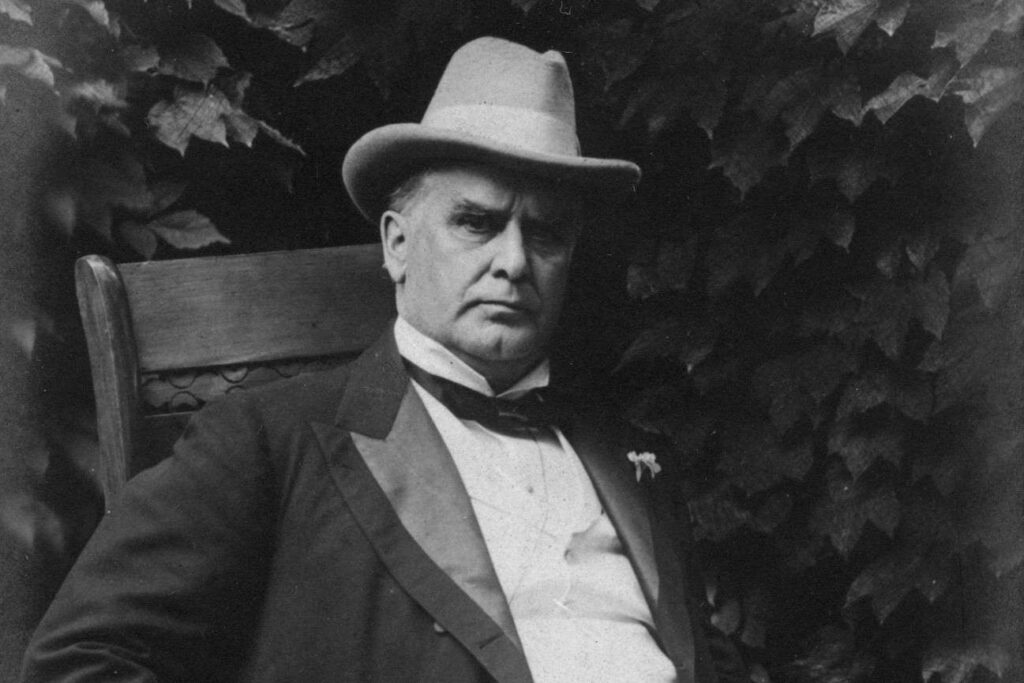
William McKinley believed in lucky symbols and always wore a red carnation on his lapel. During a public event in 1901, he handed the flower to a young girl moments before he was assassinated. The gesture became legend, turning the carnation into a symbol of kindness and fate. McKinley’s calm manner and gentle spirit endeared him to many, but that single act of generosity on his final day gave his story a haunting tenderness. Even in tragedy, he left a reminder that small kindnesses can outlast the moment they are given.
25. Theodore Roosevelt The Boxing President
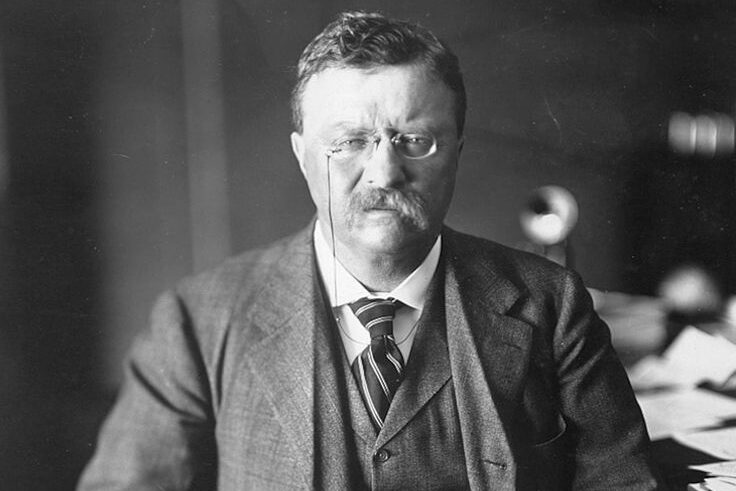
Theodore Roosevelt’s energy was unmatched. A hunter, writer, and soldier, he also boxed regularly at the White House until a blow to the head caused partial blindness. Yet even that didn’t slow him down. He practiced judo, hiked miles, and preached the “strenuous life,” believing vigor was essential to virtue. Roosevelt’s presidency reflected his restless spirit, filled with reforms and adventure. To him, leadership meant action, and his physical drive mirrored his moral one. His life became a living illustration that strength, in any form, is best used for progress.
26. William Howard Taft the Stuck President
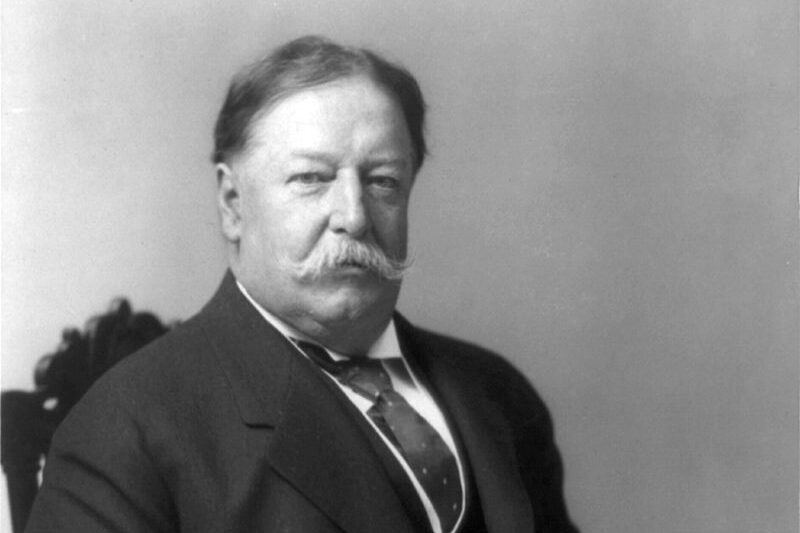
William Howard Taft’s size made him a favorite of cartoonists, but the story of him getting stuck in a White House bathtub may be only half true. The real tale is that he ordered a larger one installed, big enough for four men. Taft’s humor about his weight made him relatable, and his warmth offset his quiet personality. Though more comfortable in court than in politics, he later became Chief Justice, fulfilling his true dream. His story proves that every path, even one with jokes along the way, can lead to the right place.
27. Woodrow Wilson The Secret Stroke
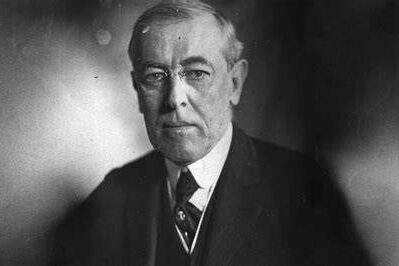
Woodrow Wilson’s second term ended in near silence. After suffering a massive stroke in 1919, he was hidden from the public for months while his wife, Edith, quietly managed his responsibilities. Many historians consider her the first woman to run the country in practice, if not in title. Wilson’s fragile health contrasted sharply with his earlier drive to reshape world politics. His story remains a study in devotion and secrecy, where love, ambition, and illness intertwined behind closed doors as history continued outside his bedroom door.
28. Warren G. Harding the Poker President
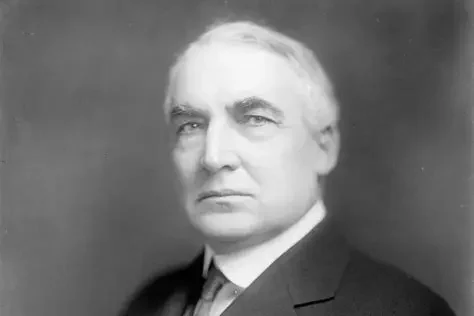
Warren G. Harding loved late-night poker games with friends and once bet an entire set of White House china—and lost. His charm made him popular, but his administration became infamous for corruption scandals that surfaced after his death. Harding himself was more genial than devious, preferring good company to controversy. His easygoing nature made him a friend to many but a guardian to few. In the end, his presidency became a cautionary tale about trust, reminding future leaders that likability cannot replace careful watchfulness.
29. Calvin Coolidge The Silent One
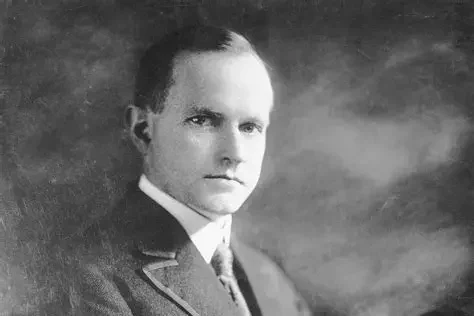
Calvin Coolidge earned the nickname “Silent Cal” for his minimal words and dry humor. Once, a woman told him she bet she could make him say more than two words. He replied, “You lose.” Coolidge believed in restraint and limited government, letting his calm manner define his presidency. He was often seen feeding his pet raccoon, Rebecca, on the White House lawn, finding comfort in quiet rituals. His silence wasn’t emptiness but confidence in simplicity. Coolidge proved that sometimes the most powerful voice is the one that chooses when not to speak.
30. Herbert Hoover The Engineer President
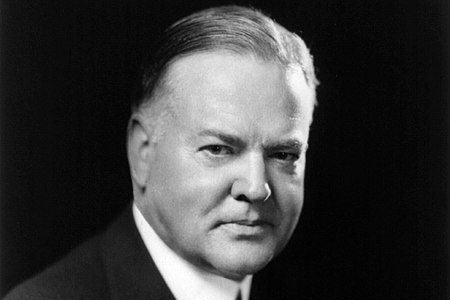
Before entering politics, Herbert Hoover was a world-famous engineer and humanitarian. He organized massive relief efforts during World War I, feeding millions across Europe. As president, however, the Great Depression overshadowed his legacy. His technical mind struggled to address human despair, though his intentions were sincere. After leaving office, he returned to public service, leading humanitarian missions once again. Hoover’s life reminds us that even great skill cannot solve every crisis, but compassion paired with perseverance can leave a lasting impact that survives failure.
31. Franklin D. Roosevelt the Secret Struggle
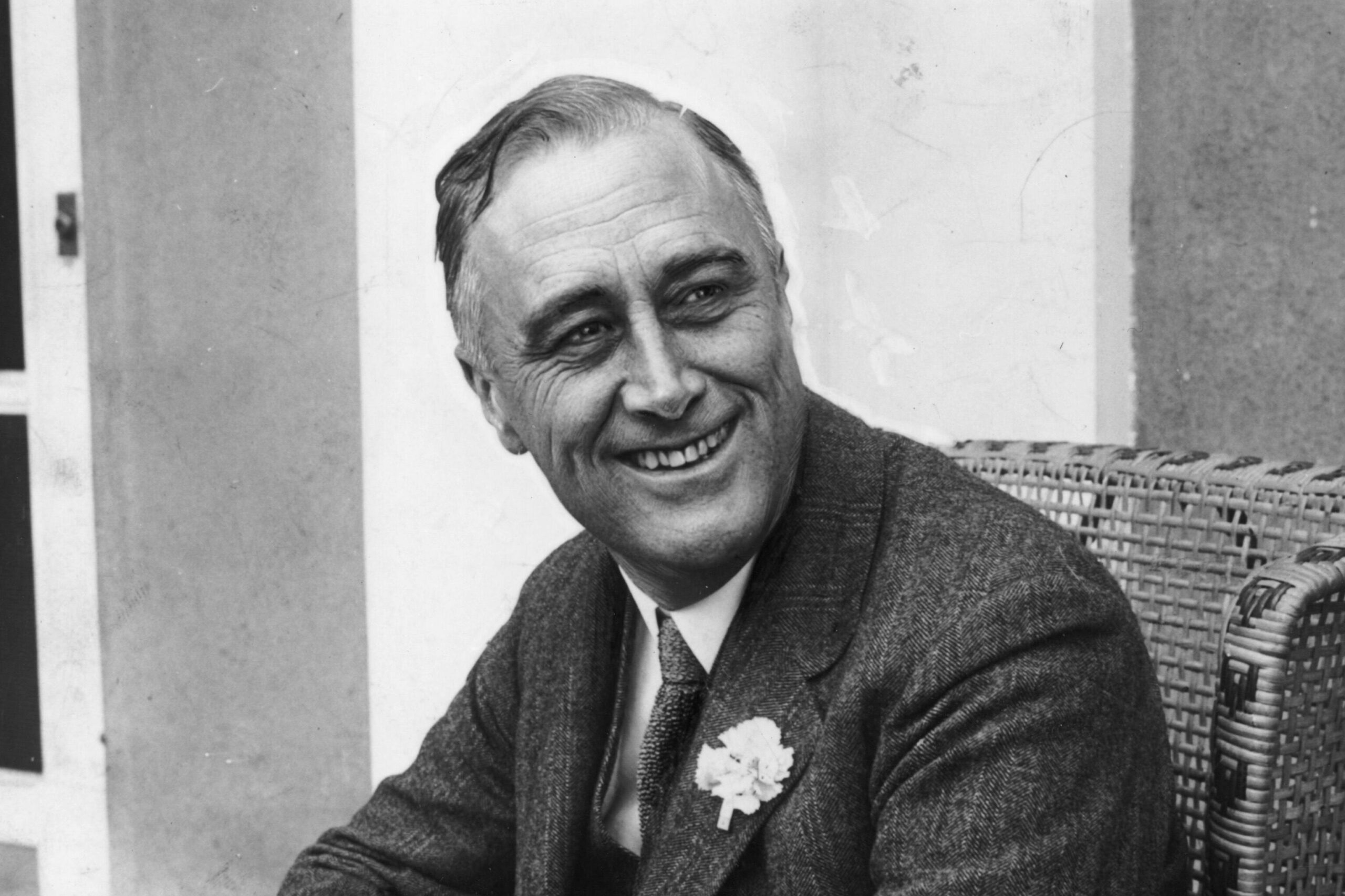
Franklin D. Roosevelt hid his paralysis from polio as carefully as he shaped policy. He used braces, canes, and the support of aides to appear strong in public, never wanting sympathy to cloud leadership. During the Great Depression and World War II, his calm confidence reassured millions. Few saw the effort behind every appearance. His determination turned vulnerability into quiet strength, proving resilience is not the absence of struggle but the will to keep rising despite it. Roosevelt taught that courage can sit behind a smile, unseen yet unmistakable.
32. Harry S. Truman the S Stands for Nothing
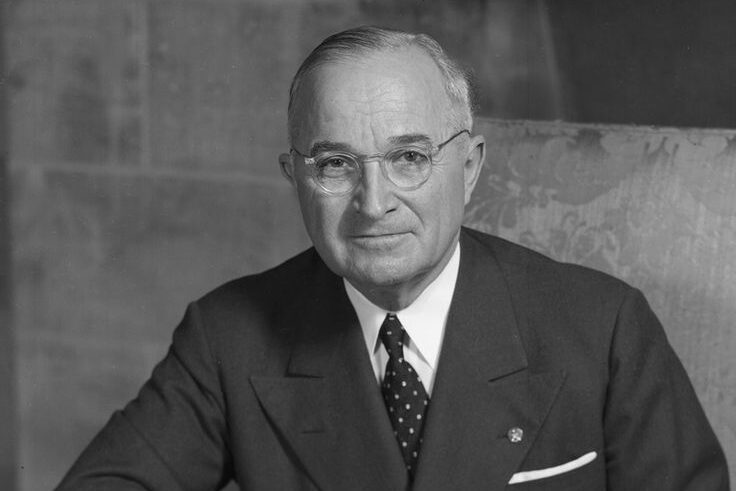
Harry S. Truman’s middle initial, S, did not stand for any name. It honored both of his grandfathers, Anderson Shipp Truman and Solomon Young. He chose the letter as a symbolic compromise, giving each equal recognition. Truman’s presidency followed chaos, from ending World War II to beginning the Cold War. He faced impossible decisions with plainspoken resolve. His middle initial became a fitting symbol of his straightforward nature—a simple letter carrying great weight, much like the man himself, who believed honesty was the truest form of leadership.
33. Dwight D. Eisenhower the Hidden Painter
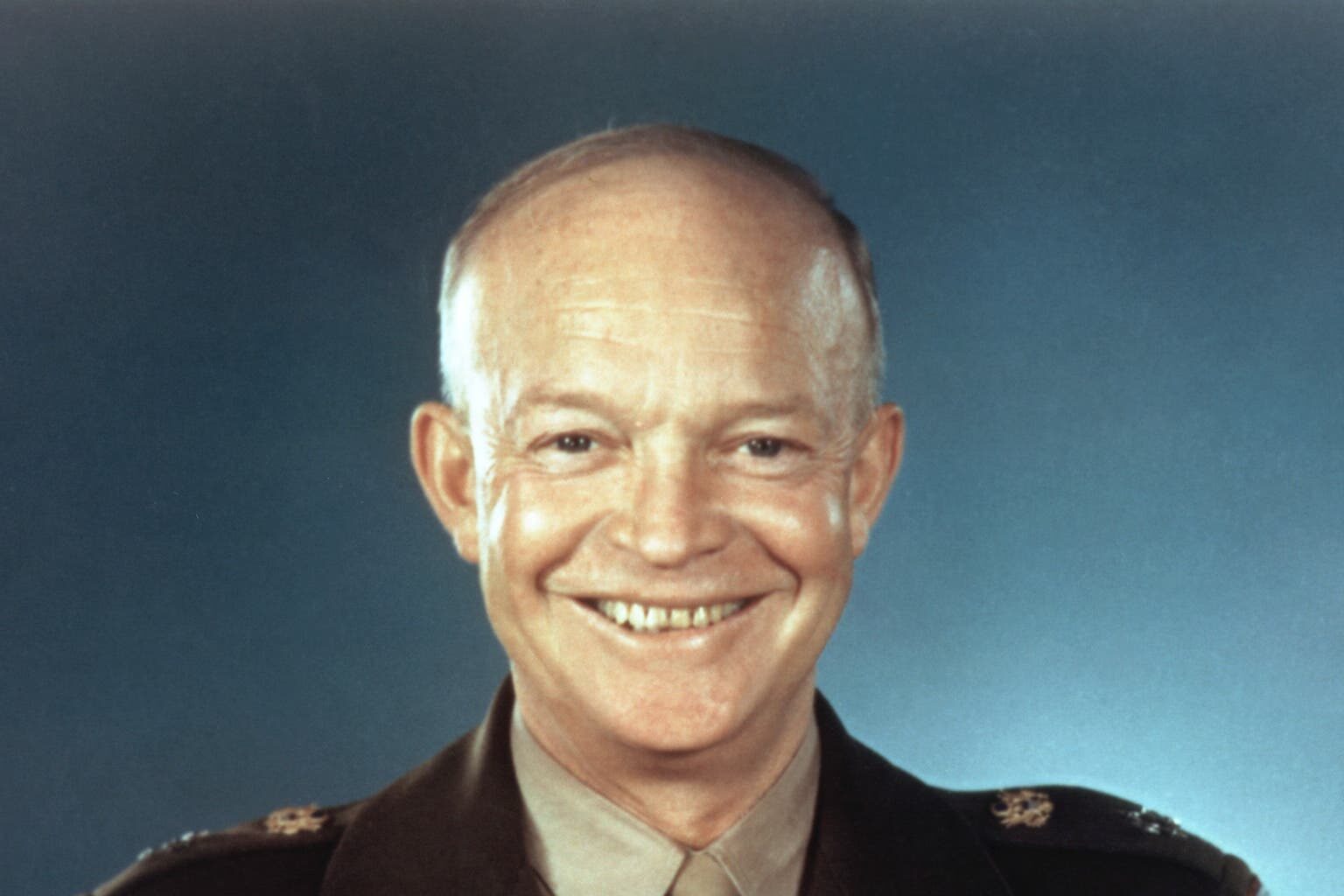
Dwight D. Eisenhower led armies and built highways, but few knew he also painted to relax. After World War II, he picked up a brush and produced hundreds of landscapes and portraits. Painting gave him peace from the pressures of command. His gentle hobby contrasted with his military image, revealing a man who found balance through art. Eisenhower’s quiet moments at the easel reflected his belief in discipline without rigidity, proving that strength and softness can exist in perfect harmony.
34. John F. Kennedy the Pulitzer President
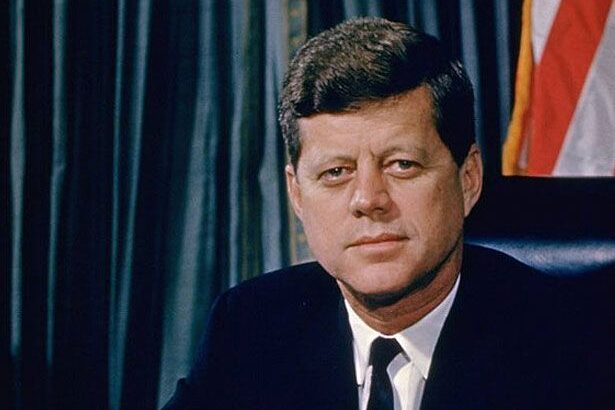
John F. Kennedy remains the only U.S. president to win a Pulitzer Prize. His book “Profiles in Courage” celebrated senators who risked careers for principle, a reflection of the integrity he admired. Kennedy’s eloquence inspired a generation to see public service as noble work. Behind his charm was a restless curiosity, always pushing for progress. His life, though tragically short, remains a symbol of youthful optimism, the belief that leadership is not about age but vision. His words still echo whenever courage meets conscience.
35. Lyndon B. Johnson the Classroom Roots
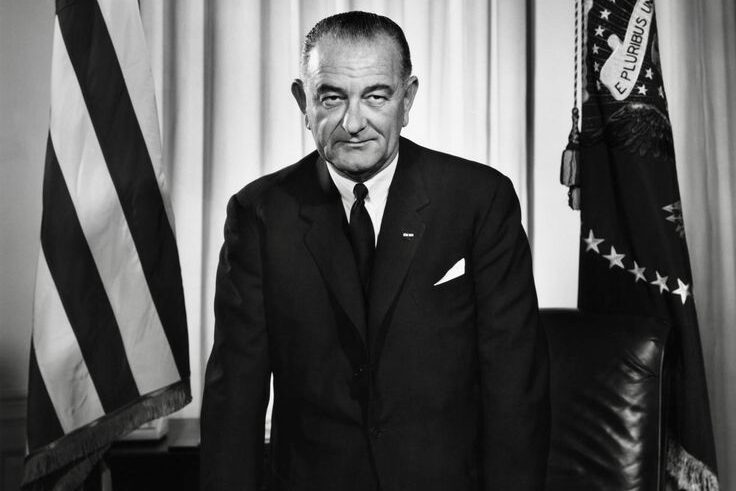
Before politics, Lyndon B. Johnson taught poor Mexican American children in Texas. The experience shaped his compassion for the disadvantaged and later inspired his Great Society programs. As president, he fought for civil rights and education reform, driven by memories of his classroom. Johnson’s temper and ambition were legendary, but so was his empathy. He never forgot the faces of those students, seeing in them the promise of equality. His legacy reminds us that true leadership often starts not in power but in service.
36. Richard Nixon The Music Man
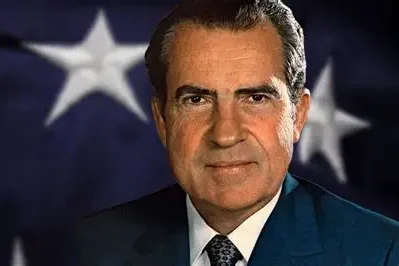
Richard Nixon may be remembered for scandal, but few recall his musical talent. He played five instruments, including the piano and violin, and even performed on national television. Music was his escape from political tension, offering a rare glimpse of vulnerability. Despite his complex legacy, that passion humanized him. In moments of melody, he was simply a man seeking harmony in a world of noise. Nixon’s story shows that even the most guarded leaders carry quiet songs inside them, waiting to be heard.
37. Gerald Ford The Model President
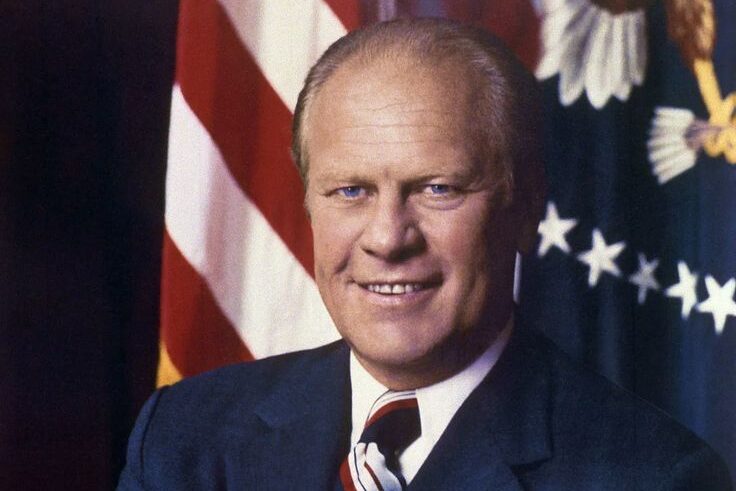
Before entering politics, Gerald Ford worked as a fashion model and appeared on the cover of Cosmopolitan magazine. Athletic, handsome, and modest, he brought a sense of grounded dignity to the White House after the Watergate scandal. Ford valued honesty over flash, and his everyman appeal helped restore trust in government. Though unelected to both the vice presidency and presidency, he handled the role with steady grace. His brief but honest leadership remains a reminder that decency, even in small doses, can heal deep divides.
38. Jimmy Carter The Peanut Farmer
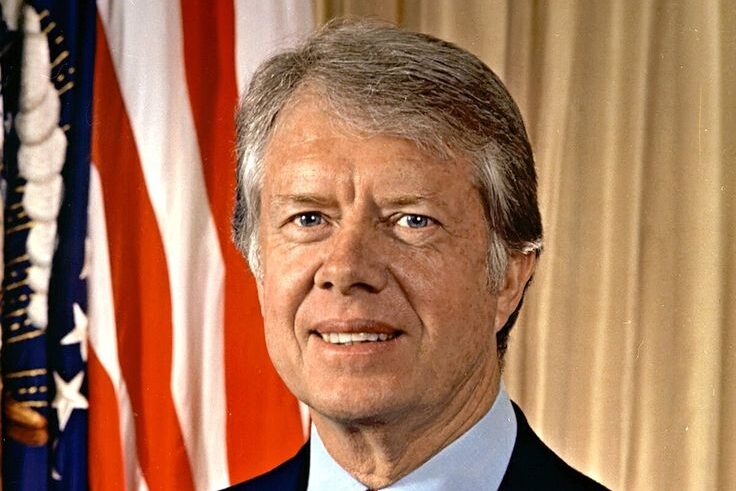
Jimmy Carter’s journey from peanut farmer to president embodied American possibility. His deep faith and humble roots shaped a leadership style focused on peace and service. After leaving office, he dedicated his life to humanitarian work, building homes through Habitat for Humanity and promoting global health. Though his presidency faced criticism, his post-presidential legacy turned him into a symbol of integrity. Carter showed that character matters long after the title fades, proving kindness and persistence can change the world more quietly than power ever could.
39. Ronald Reagan The Hollywood President
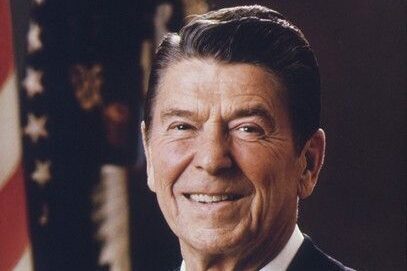
Before Ronald Reagan became the Great Communicator, he was a Hollywood actor appearing in over fifty films. His experience before the camera shaped his charm and stage presence as president. Reagan’s optimism and storytelling connected with Americans weary from turmoil. His love of performance turned politics into persuasion, helping him navigate challenges with calm assurance. Whether quoting movies or cracking jokes, he made the presidency feel personal. Reagan’s life was proof that sometimes the best leaders are those who learned to inspire from the spotlight.
40. George H. W. Bush the Skydiving Grandpa
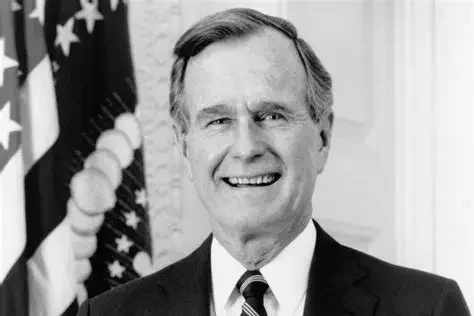
George H. W. Bush marked his milestones with a parachute. A decorated World War II pilot, he celebrated his 75th, 80th, 85th, and even 90th birthdays by skydiving. The jumps symbolized his enduring courage and sense of adventure. Bush’s quiet humor and modesty made him beloved across party lines. His life combined public duty with personal joy, showing that bravery need not fade with age. Even after leaving the White House, he proved that the spirit of service and daring could still soar above the clouds.
41. Bill Clinton The Rhodes Scholar
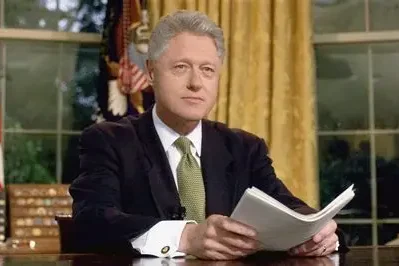
Bill Clinton’s journey from small-town Arkansas to the White House began with scholarship and charm. As a Rhodes Scholar at Oxford, he studied government and philosophy, building the foundation for his political career. Known for his intelligence and charisma, Clinton blended empathy with ambition. His presidency faced controversy, but his focus on economic growth and education left lasting marks. Behind the headlines stood a man driven by curiosity and conversation, who believed every person deserved to be heard. Clinton’s success proved intellect and heart can share the same stage.
42. George W. Bush The Painter of Presidents
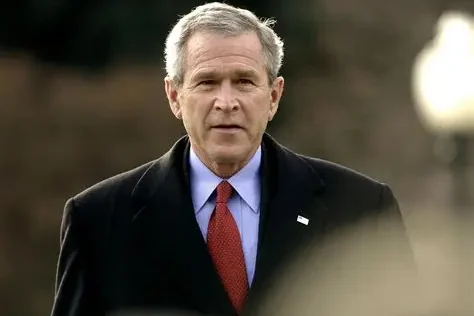
After leaving office, George W. Bush turned to painting as a form of reflection. His portraits of veterans and world leaders surprised many who once saw him only as a politician. The quiet artistry revealed humility and introspection, qualities rarely visible during his presidency. Through his brush, Bush reconnected with humanity, showing a side untouched by politics. His art became a new kind of service, one that spoke through color and empathy. It proved that even after leadership ends, purpose can still be beautifully reborn.
43. Barack Obama The Comic Collector
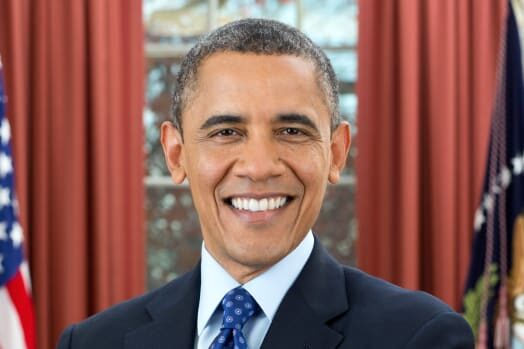
Barack Obama’s cool demeanor hid a lifelong love of comic books. As a boy, he read Spider-Man and Conan the Barbarian, admiring stories of flawed heroes who fought for justice. That fascination shaped his belief in hope and resilience. As president, he often joked about his inner geek, even appearing in comic-inspired art. Obama’s blend of intellect and imagination inspired a new generation to believe that leadership could be both smart and human. His love of stories reminded people that every hero starts as a dreamer.
44. Donald Trump The Television President
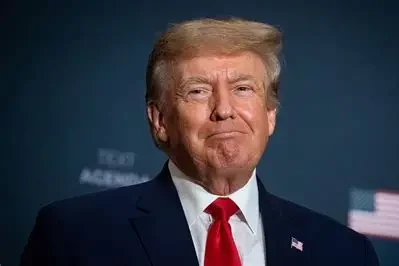
Before politics, Donald Trump was a household name through television, hosting The Apprentice and turning his persona into a brand. His fame gave him a platform few politicians ever had. Trump’s presidency mirrored his entertainment style, direct, bold, and constantly in the spotlight. Whether admired or criticized, he redefined how modern leaders communicate with the public. His use of media changed political storytelling forever, making every tweet and soundbite part of history. Love him or not, Trump proved that charisma can move nations as swiftly as policy.
45. Joe Biden The Family Man
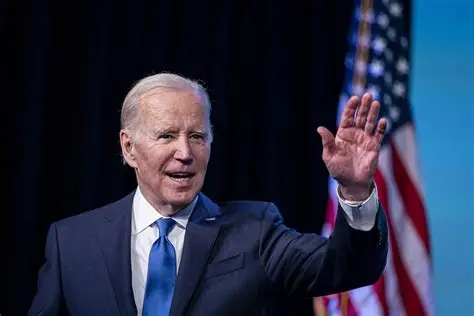
Joe Biden’s long career in politics is rooted in deep personal loss and resilience. After losing his first wife and daughter in a car accident, he commuted daily from Delaware to Washington to be with his surviving sons. His story of perseverance and empathy shaped his leadership style. As president, Biden focuses on unity, compassion, and recovery, drawing strength from family and faith. His life reminds Americans that leadership is not about perfection but persistence, finding the courage to keep going even when the world breaks your heart.
Behind every marble monument and solemn portrait is a human being. These 45 stories, some strange, some funny, some poignant, remind us that presidents are more than policy. They are fathers and pranksters, inventors and athletes, scared of squirrels or fond of parrots. Their quirks don’t diminish their legacies; they enrich them, making history feel less distant. After all, the White House may shape a president, but it doesn’t erase the person who walks inside.
This story was first published on Daily FETCH


